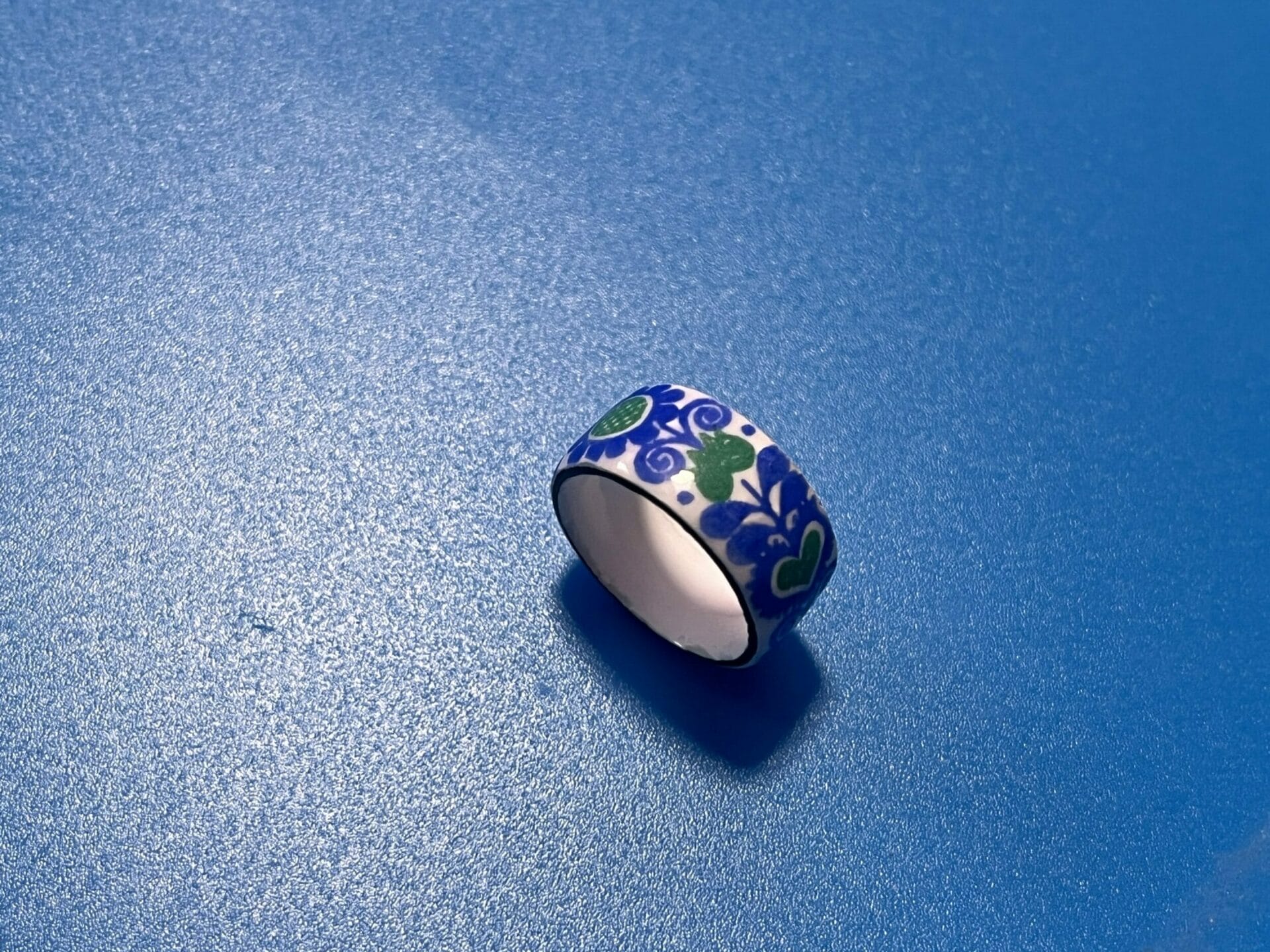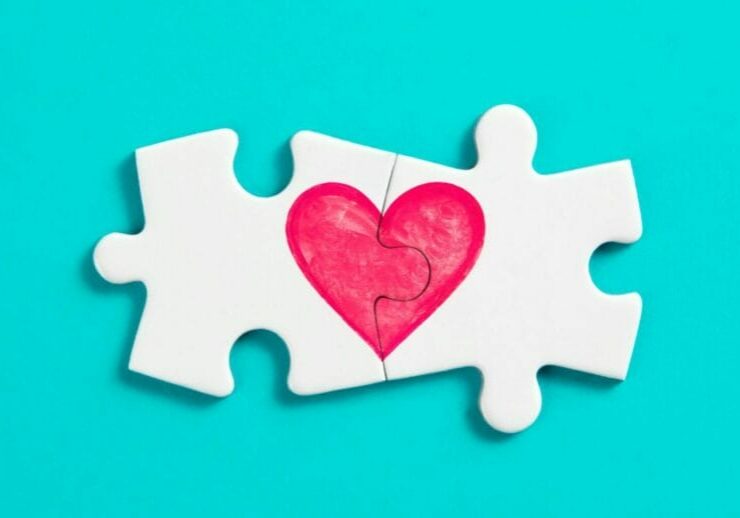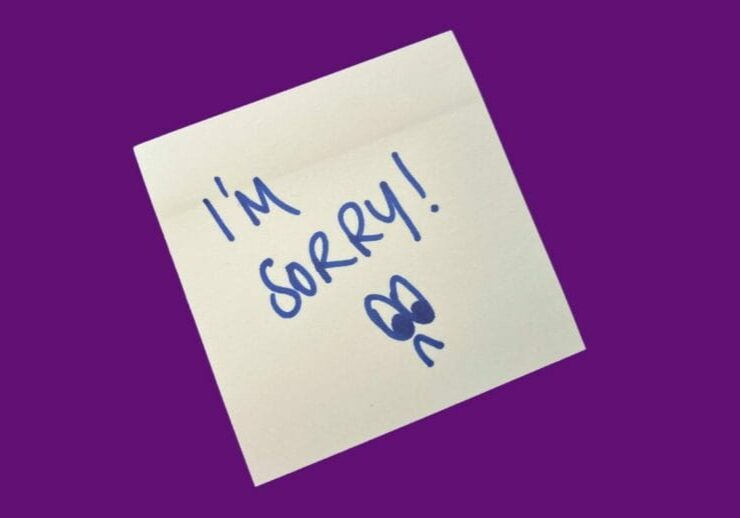Emotional Intelligence Unveiled: A Journey from Ingratitude to Gratitude

Reflecting on a moment from my childhood, I’ve come to realize the profound role emotional intelligence plays in shaping our perceptions and relationships. My personal journey from ingratitude to gratitude, was sparked by a childhood memory, demonstrating the depth and complexity of our emotional lives, and that emotional intelligence is a skill to nurture.
From Ingratitude…
Picture the scene. I’m about 5 years old. My parents had just returned from a trip to France, possibly one of their first getaways following my mum’s brain tumor surgery and recovery. Miraculously, she survived what was initially diagnosed as a fatal condition. Whatever the timing of that trip I am sure my parents relished their time without their two children in tow.
I vividly recall the day the scene went down, in our living room, decked out in the quintessential 1970s decor with its bright orange armchairs and brown carpet. My parents presented my brother Andrew and me with gifts from their travels. They handed me a ring, enamel and hand-painted, delicate and pretty. Andrew received a vehicle of some sort, my memory says it was a dumper truck though I might be mistaken. What I do remember was that to my 5-year-old self Andrew’s truck seemed HUGE, and therefore vastly more significant than my tiny ring. At that age, everything was a competition, from who got the bigger slice of cake, to who got to press the elevator button.
What sticks with me the most from that day is the overwhelming sense of jealousy and ingratitude that washed over me, overshadowing the moment.
A Shift in Perspective, Decades Later…
Fast forward 50 years (yes you read that right), and I found myself reminiscing with my three sons about my family. They barely remember their granny, my mom, who passed away from another brain tumor when they were just toddlers. Recalling her still brings a lump to my throat. The conversation moved to childhood memories, what they could recall of their life in England, and what I could remember about growing up.
During our conversation, I remembered the ring and fetched it from my jewelry box. It’s too small to wear now, a mere child’s ring, but it’s retained its sentimental value. Every time I saw it I would flash back to my memory in the living room, to that moment, to the jealousy. As I retold the story of my childhood I could still feel the guilt that my memory triggers in me.
and that’s when everything shifted.
…to Gratitude
One of my sons offered a perspective that was both simple and profound: “You were only 5, and look, you still have the ring. Every time you see it, it reminds you of your mum and dad. That initial reaction probably made you keep it. I bet Andrew didn’t keep his truck.” (He didn’t)
His words had a profound effect. Talk about emotional intelligence in action! In that moment, my heart was filled with gratitude for my parents, despite our time together being tragically short. I felt a deep appreciation and gratitude for my sons, who, in their youth, shared wisdom far beyond their years. And I felt a newfound love and gratitude for this little ring, which had sparked such a significant emotional journey.
The Journey of Emotional Intelligence
As humans the emotional landscape we experience is vast, with more than 400 documented emotions, yet we often find ourselves expressing them with just a handful of words – angry, sad, happy, ungrateful. These words, these emotions carry power and that power can mislead us when we aren’t being thoughtful and present.
“Emotions are messages from your past self to your present self. They’re best interpreted by your future self. Feelings don’t define who you are. They reveal what you value right now.”
Adam Grant
The weight of my childhood guilt, the memory of my jealousy, which I’ve carried for half a century, is a testament to the lasting impact of our emotions. Yet, it’s crucial to remember that we are not defined by our emotions; we experience them.
My feelings of ingratitude that day didn’t make me an ungrateful person; they were simply a fleeting reaction. At the age of 5 I didn’t have the emotional intelligence to process the moment. I felt what I felt, and promptly externalized and internalized those feelings, carrying the weight of them for decades.
Emotional Intelligence starts with being self-aware of what we are feeling, and more accurately naming it. Am I Livid? Angry? Annoyed? Miffed? Peeved? Only when we can name the emotion and understand the trigger can we move to the second step of emotional intelligence which is self-management, an informed choice as to how we want to behave in response to the emotion. Not hiding it, not reacting to it. Choosing how to respond to it.

I teach emotional intelligence as part of the leadership programs that we design at SkyeTeam. I love the topic, and the insights and impact of developing high emotional intelligence for the leaders I coach has been profound. However being the catalyst for others isn’t always as easy as applying those insights for myself. With the guidance and perspective of my sons I am finally better equipped to choose an alternative ending to this story.
The ring has found a new purpose and place, strung on a necklace, not hidden in my jewelry box. It’s a symbol of love, a reminder of my parents, and a testament of my journey from ingratitude to gratitude. From a child that was emotionally unintelligent, to an adult has has a modicum emotional intelligence.
It’s a reminder to us of the importance of emotional intelligence in all aspects of our lives. Whether personal or professional. We need to create the space and grace to experience our emotions, and let go of those emotions that are no longer serving us. It’s a lesson and a reminder I will continue to embrace.
What emotional memory are you holding onto? How can you reframe it or let it go to find peace and gratitude in your heart?

Let's Connect





